The Hidden Impact of Third-Party Plugins on Website Speed and How to Mitigate It
Have you ever visited a website that took forever to load, leaving you feeling frustrated and ready to move on? As a business owner, the last thing you want is for potential customers to have this experience with your website. Not only does it affect their perception of your brand, but it can also lead to lost sales and conversions. One of the main culprits behind slow website loading times is the use of third-party plugins. In this article, we'll discuss how these plugins can impact your website's speed and what steps you can take to mitigate their effects.
What Are Third-Party Plugins?
Before we dive into the impact of third-party plugins, let's first define what they are. Third-party plugins are pieces of code or software that are created by a company or individual outside of your own organization. These plugins can be integrated into your website in order to add functionality or features that you may not have otherwise.
Common examples of third-party plugins include social media sharing buttons, contact forms, live chat widgets, and Google Analytics tracking codes. These types of plugins often come at no cost or for a small fee, making them an attractive option for businesses looking to enhance their websites without breaking the bank.
The Impact on Website Speed
While third-party plugins may seem like a convenient solution for adding functionality to your website, they can have a significant impact on its speed. This is because each plugin adds additional lines of code and external requests that need to be processed when someone visits your site.
For example, let's say you have five different third-party plugins installed on your website. When someone visits your site, their browser has to make five separate requests in order to load all of those plugins. This not only slows down the initial loading time but also affects subsequent actions such as clicking on links or submitting forms.
Furthermore, some third-party plugins may not be optimized for speed and can cause additional delays. For instance, if a plugin is loading large images or videos, it will take longer for your website to load those elements, resulting in a slower overall experience for your visitors.
The Hidden Costs
In addition to the impact on website speed, there are also hidden costs associated with using third-party plugins. While some may be free or low-cost initially, they often come with additional fees or limitations as your website grows.
For example, many free plugins offer limited functionality and require you to upgrade to a paid version in order to access more features. This can add up over time and become a significant expense for businesses with multiple plugins installed.
Furthermore, each plugin requires regular maintenance and updates in order to keep them functioning properly. If you have several plugins installed on your site, this can become a time-consuming task that takes away from other important aspects of running your business.
How to Mitigate the Impact
Now that we've discussed the potential negative impact of third-party plugins on website speed and costs, let's talk about how you can mitigate these effects. Here are some tips to help keep your website running smoothly while still utilizing third-party plugins:
1. Use only essential plugins: Before installing any new plugin on your site, ask yourself if it's truly necessary. Do you really need that fancy social media sharing button or live chat widget? Consider the trade-off between functionality and speed before adding any new features.
2. Optimize existing plugins: If you already have several third-party plugins installed on your site, take some time to review which ones are essential and which ones could be optimized or eliminated altogether. This will help reduce the number of external requests and improve overall loading times.
3. Choose reputable sources: When selecting third-party plugins for your website, make sure they come from reputable sources with good reviews and ratings. This will ensure that they are well-maintained and optimized for speed, reducing the risk of negative impacts on your site.
4. Regularly update and maintain plugins: As mentioned earlier, regular maintenance and updates are crucial for keeping your plugins functioning properly. Make sure to stay on top of these tasks and remove any outdated or unnecessary plugins to keep your website running smoothly.
5. Consider developing custom solutions: In some cases, it may be more beneficial to invest in custom solutions rather than relying on third-party plugins. This will not only ensure optimal speed but also give you more control over the functionality and features of your website.
Conclusion
Third-party plugins can be a great way to enhance the functionality of your website, but they can also have a significant impact on its speed and hidden costs. By carefully choosing which plugins you use and regularly maintaining them, you can mitigate these effects and ensure a positive user experience for your visitors. Keep in mind that every added plugin should serve a purpose and contribute to the overall success of your website. So choose wisely, optimize regularly, and always aim for a fast-loading website that keeps customers coming back for more.


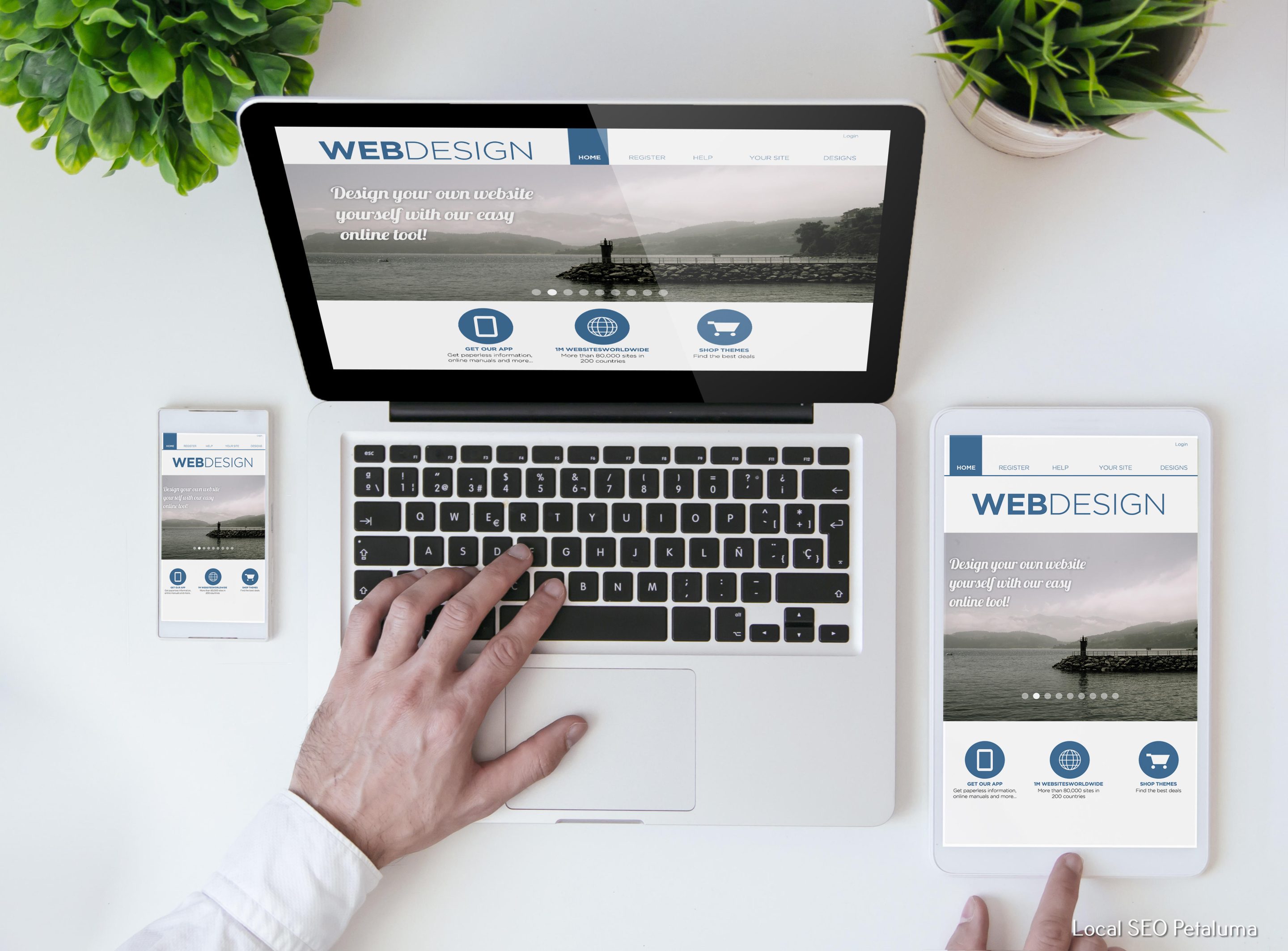




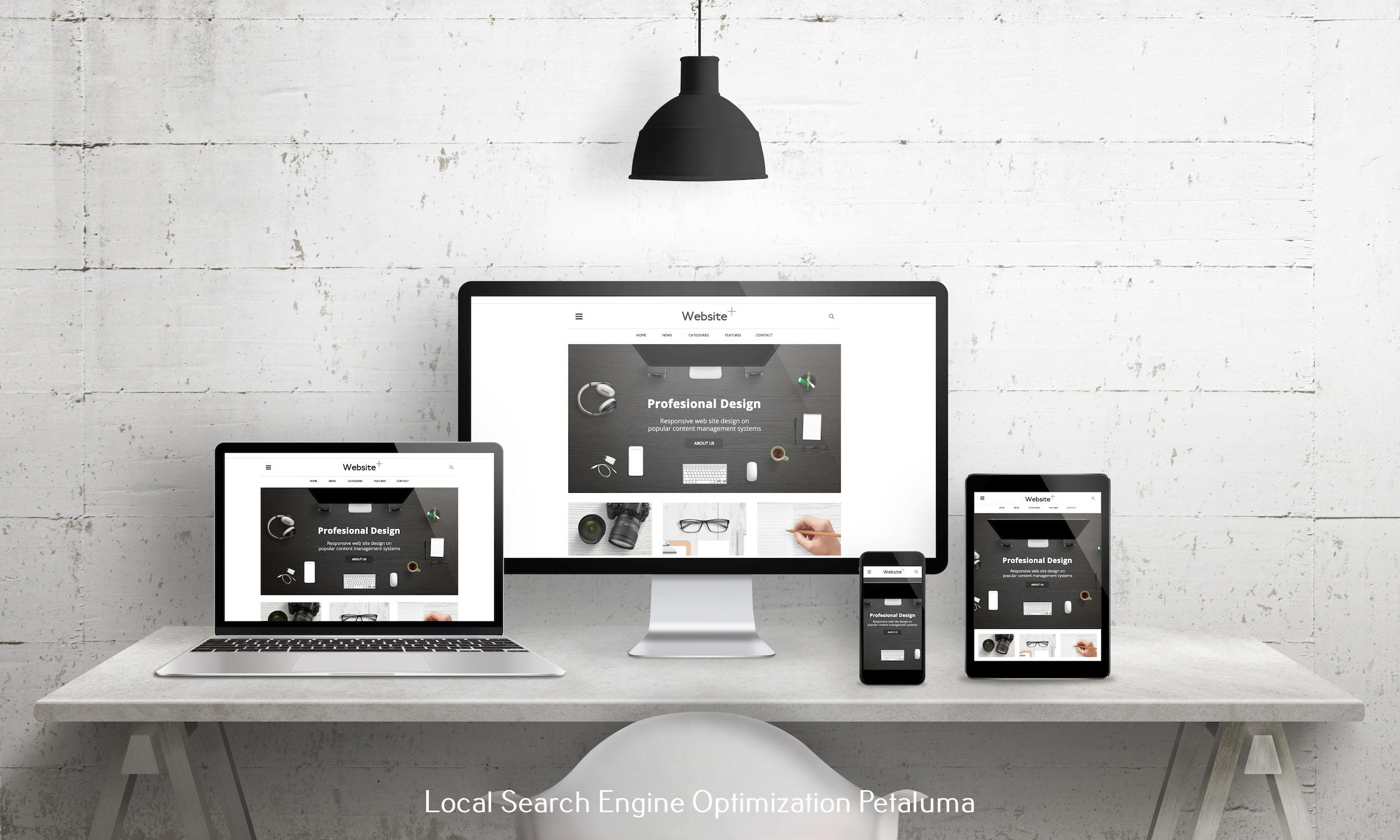



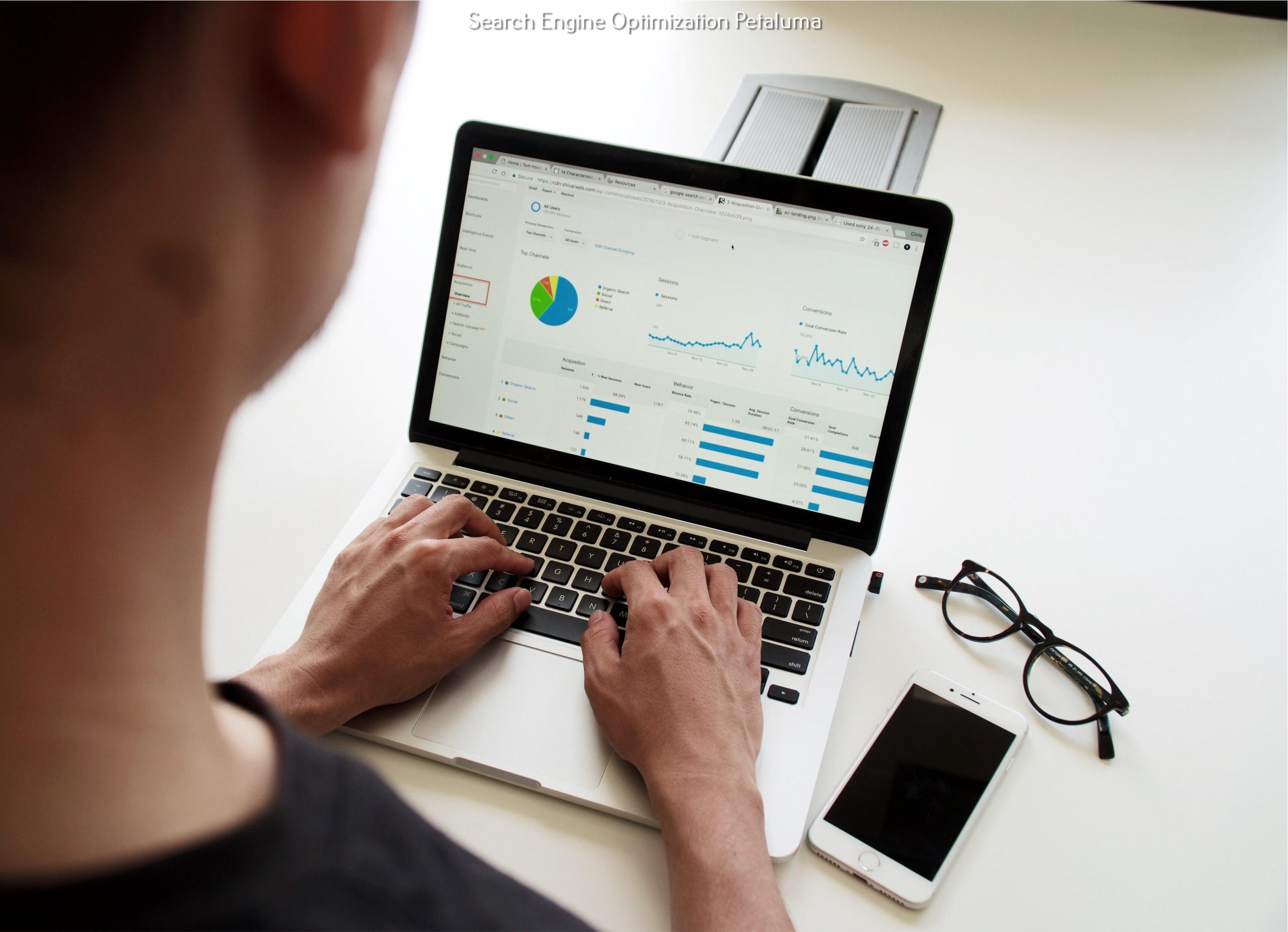












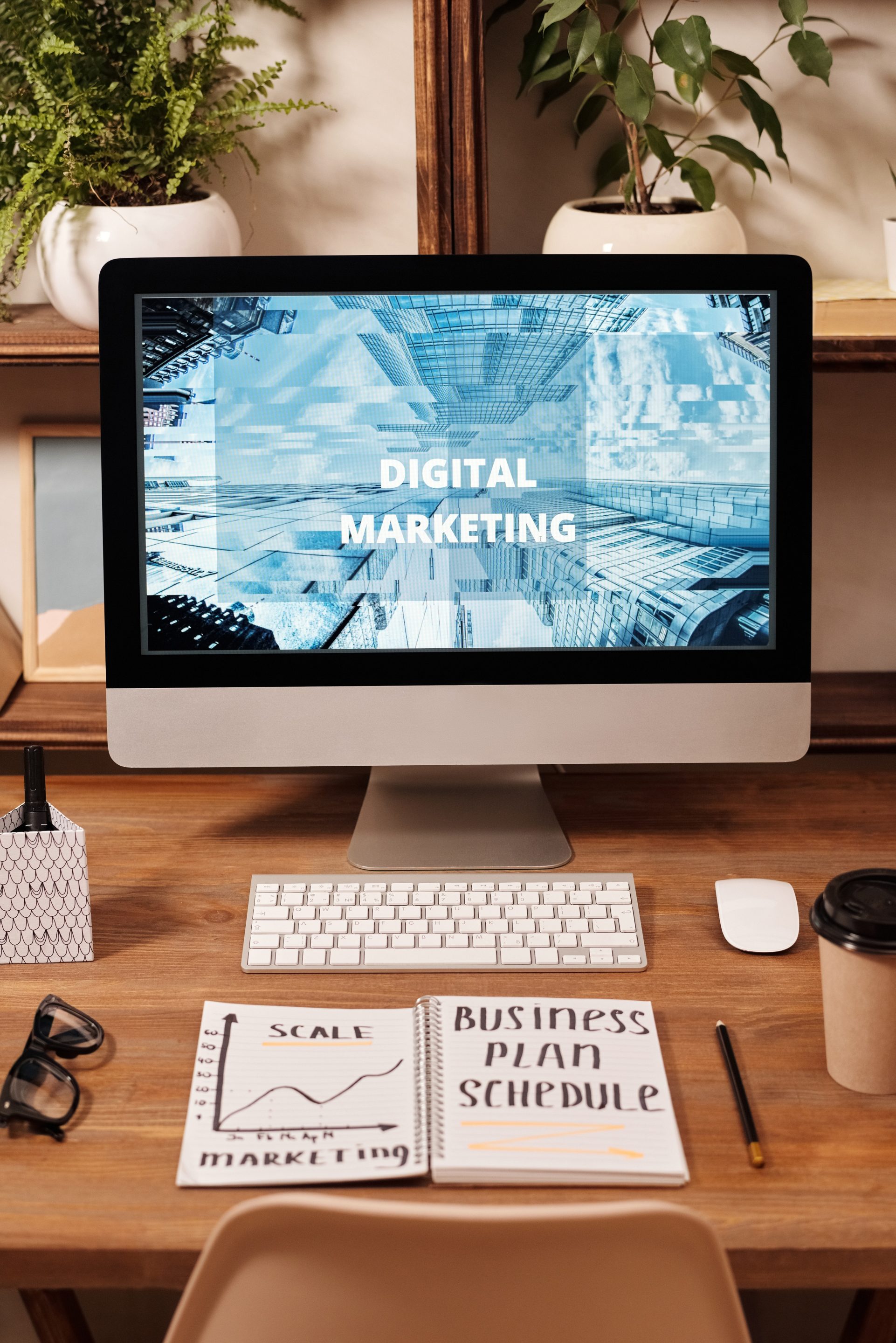




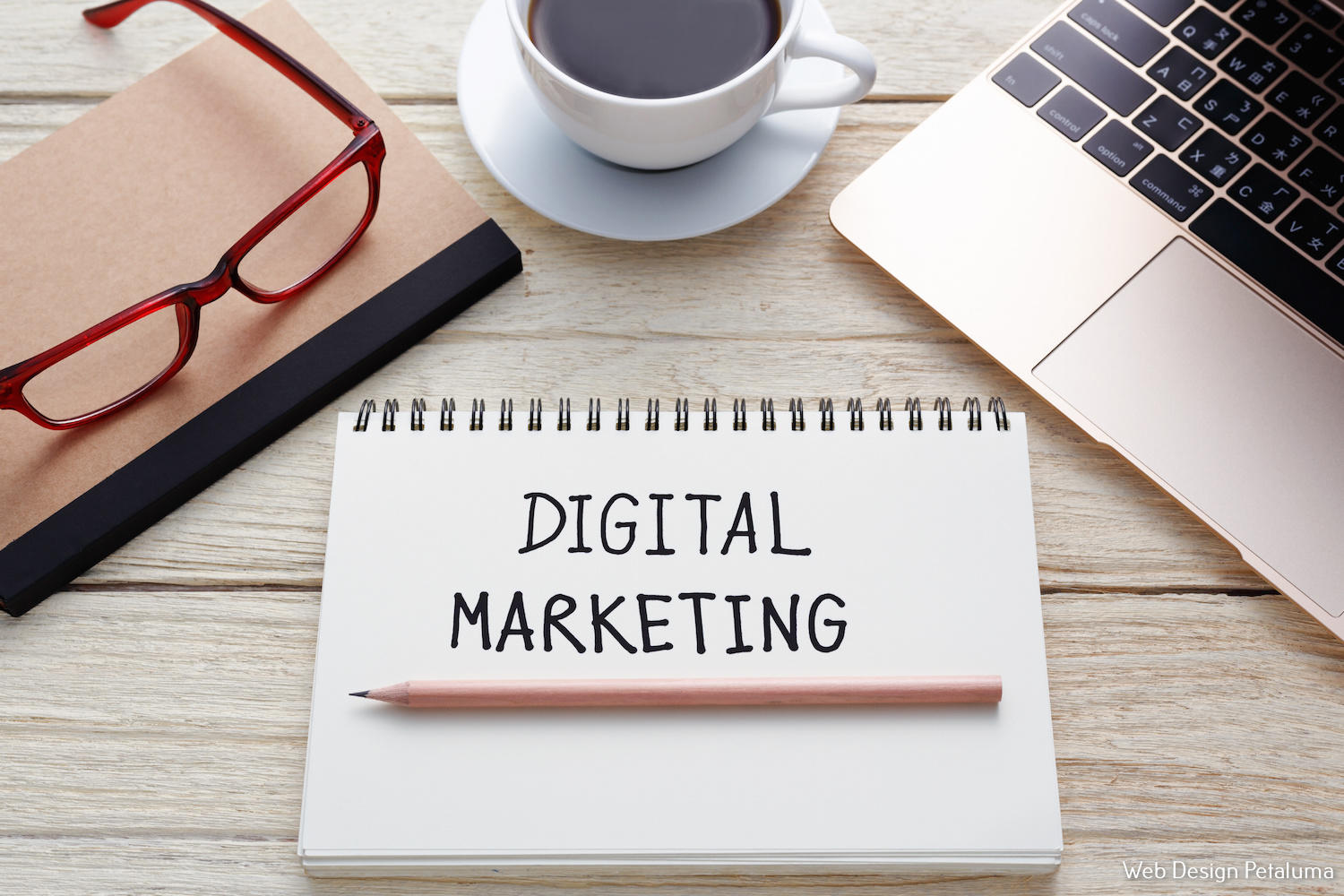
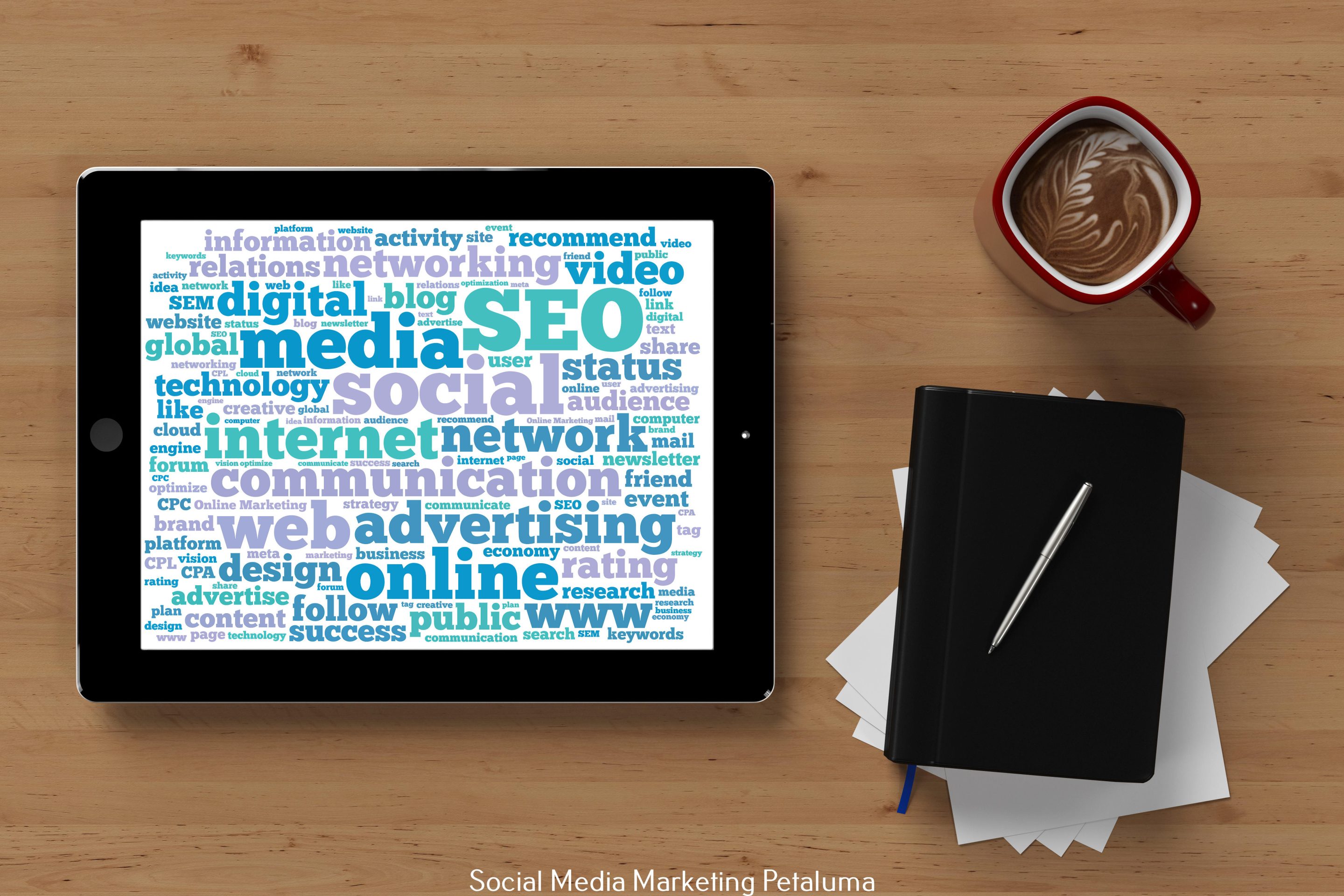

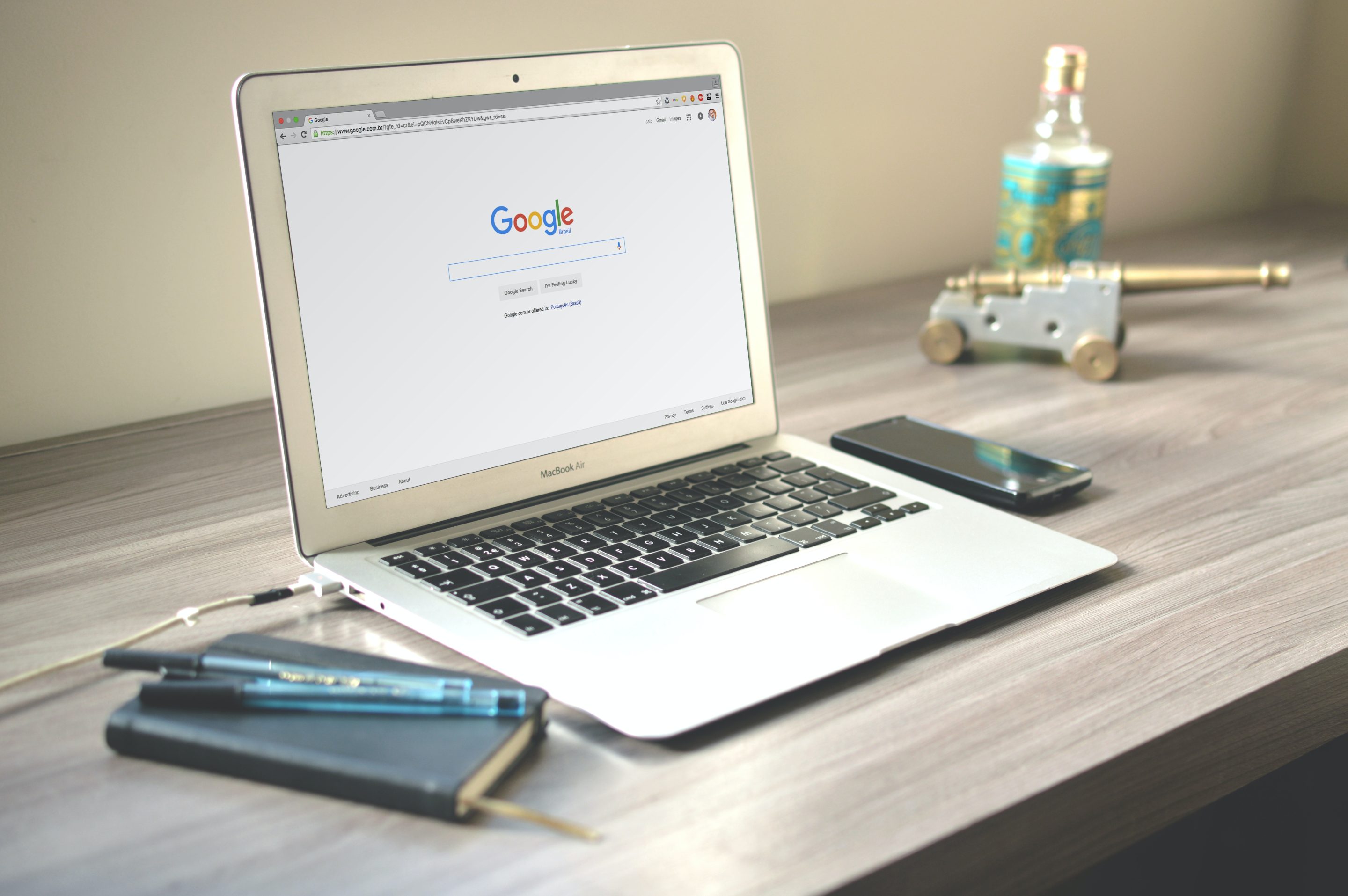




0 Comments